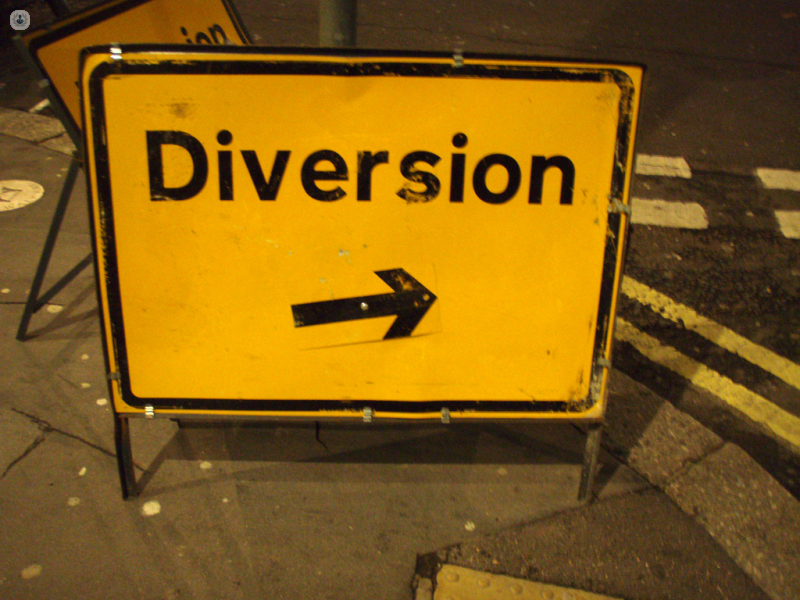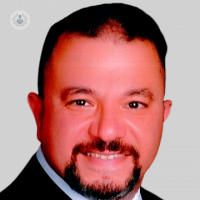ADHD: causes, symptoms, and treatment
Written in association with:In one of our latest articles here, esteemed consultant London-based psychiatrist, Professor Ahmed El-Missiry, provides an all-you-need-to-know guide with regards to ADHD.

What is ADHD?
Attention Deficit Hyperactivity Disorder (ADHD) is a neurodevelopmental disorder that manifests in childhood, often continuing into adulthood. Characterised by persistent patterns of inattention, hyperactivity, and impulsivity, ADHD affects an individual's ability to function in various aspects of life, including academic, social, and occupational settings. The prevalence of ADHD in children worldwide is estimated to be around five percent, making it one of the most common mental health disorders in young people.
How is it diagnosed?
ADHD is typically diagnosed based on a comprehensive evaluation that includes a detailed medical history, interviews with the child, parents, and teachers, and standardised rating scales. There are three primary types of ADHD: predominantly inattentive presentation, predominantly hyperactive-impulsive presentation, and combined presentation, which includes symptoms of both inattention and hyperactivity-impulsivity.
What are the most common symptoms of ADHD?
Common symptoms of ADHD include difficulty sustaining attention, careless mistakes in schoolwork, difficulty organising tasks, forgetfulness, fidgeting, excessive talking, and interrupting others. These symptoms can significantly impair academic performance and social interactions, leading to frustration and low self-esteem in affected individuals.
What are the main causes of ADHD?
The exact cause of ADHD is not fully understood, but it is believed to result from a combination of genetic, environmental, and neurological factors. Studies have shown that ADHD tends to run in families, suggesting a strong genetic component. Environmental factors, such as exposure to lead and prenatal exposure to alcohol or tobacco smoke, have also been linked to an increased risk of developing ADHD.
What are the treatment options?
Treatment for ADHD typically involves a combination of behavioural therapy, medication, and educational support. Behavioural therapy focuses on teaching children and their families strategies to manage symptoms and improve functioning. Medications, such as stimulants and non-stimulants, can help to increase attention and reduce hyperactivity and impulsivity. Educational support, including individualized education plans (IEPs) and accommodations in the classroom, can help children with ADHD succeed academically.


